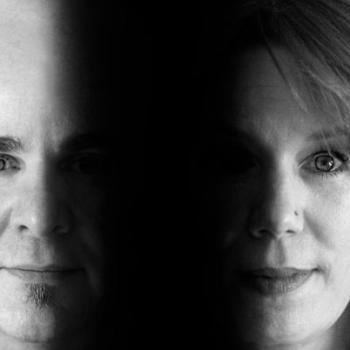Let us consider death in the truth which the Holy Spirit has taught us. We have this admirable advantage, of knowing that death is really and actually a penalty of sin imposed on man in order to expiate his crime, necessary to man to purge him from sin; that it is the only one that can deliver the soul from the concupiscence of the members, without which saints come not into the world. We know that life, and the life of Christians is a continual sacrifice that can only be completed at death. . . . We know that what has been accomplished in Jesus Christ should be accomplished also in all his members.
In other words, unlike Enoch or Elijah, we aren't going to get off the planet alive. And you can't get to heaven unless you die. You can't get there without going here, that is, through death. Blaise then proceeds to preach a heck of a good sermon on the example that Jesus set for us all. We have to be like Him, and He died, was buried and then rose again in fulfillment of the scripture. Our Lord showed us the way that we too must go.
But Blaise is quick to mention that death apart from Jesus Christ is . . .
horrible, detestable, the horror of nature. But in Jesus Christ, it is altogether different; it is benignant, holy, the joy of the faithful. Everything is sweet in Jesus Christ, even unto death.
Halfway through the letter Blaise writes the following exhortation:
Let us then no longer look upon death as the heathen, but like Christians, that is, with hope, as St. Paul commands since this is the especial privilege of Christians. Let us no longer regard a corpse as putrid carrion because deceitful nature figures it thus; but as the inviolable and eternal temple of the Holy Spirit, as faith teaches. For we know that sainted bodies are inhabited by the Holy Spirit until the resurrection which will be caused by virtue of this spirit which dwells in them for this effect. . . . Let us no longer regard a man as having ceased to live although nature suggests it, but as beginning to live as truth assures. Let us no longer regard his soul as perished and reduced to nothingness, but as quickened and united to the sovereign life; and let us thus correct, by attention to these truths, the sentiments of error so deeply imprinted in ourselves and those emotions of honor so natural to mankind.
I don't know how this could be explained any better. Blaise's letter in its entirety can be read here.
 Frank Weathers is a Catholic convert, blogger, and retired Marine. This piece is reprinted with permission from Why I Am Catholic, where you can read Frank's further thoughts on Blaise Pascal here, here, and here.
Frank Weathers is a Catholic convert, blogger, and retired Marine. This piece is reprinted with permission from Why I Am Catholic, where you can read Frank's further thoughts on Blaise Pascal here, here, and here.




